How 7 Women-Led Startups of India Are Driving Impact at Scale in Climate Action
Tvaran — a joint initiative by Cisco (India Cash Grant Program) and Villgro — is a unique programme empowering women entrepreneurs who are driving innovative solutions in the climate action sector by providing them access to markets and finance. Here are seven such startups.
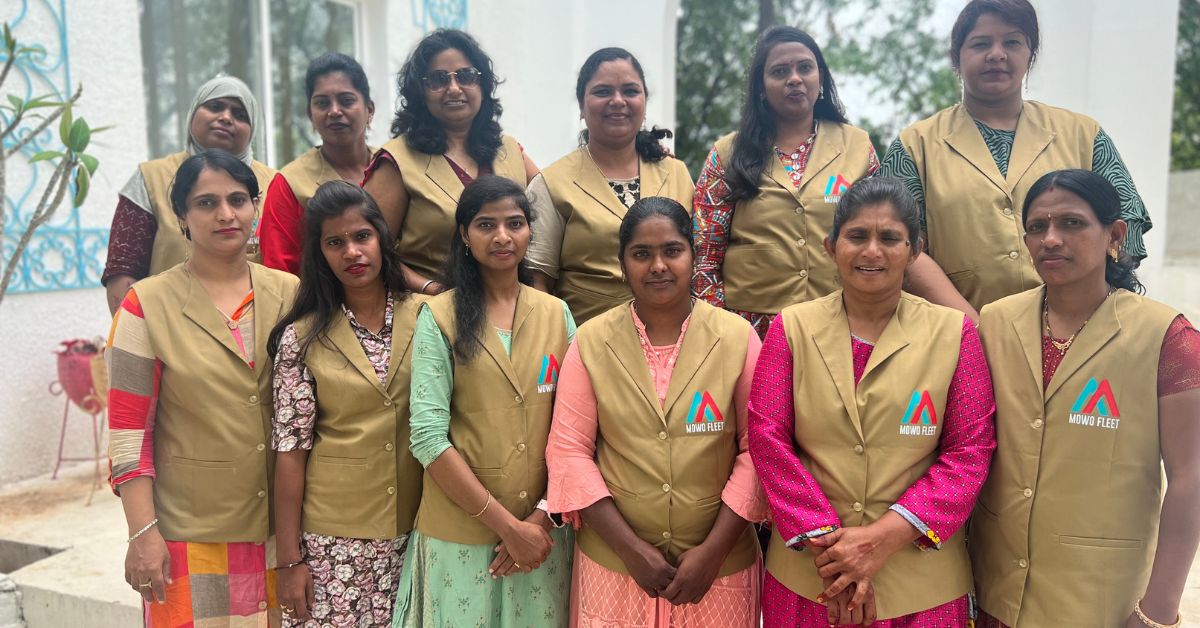
This article has been sponsored by Villgro
Be it culinary, cosmetics, green energy, or agriculture, women have created a niche in every sector of the Indian market. According to a WISER — Women in India’s Startup Ecosystem Report, women-led startups have risen to 18 percent in the country in the past five years. But while this is a poster story of the success that the female entrepreneurial world has witnessed, another report by DealStreetAsia claims that startups founded by women received only 0.3 percent of India’s total venture capital funding.
The irony is evident.
While growth is a series of small steps, Cisco and Villgro — a social enterprise incubator — have come up with a joint initiative, ‘Tvaran’, whose intent is to introduce progressive changes to the way women-led startups are being empowered.
Its first cohort, launched in October 2022, met its goal of accelerating women entrepreneurs driving innovative solutions in the climate action sector by providing them access to markets and finance.
Why specifically climate action?
As Kalyani Krishna, Manager, Gender Inclusion Villgro, explains, “It is the need of the hour.”
Human-induced climate change is not just hearsay, she cautions. A 2020 research initiative spearheaded by the Center for Climate Change Research (CCCR) in India on behalf of the Ministry of Earth Sciences (MoES) revealed a rise of 0.7 degrees Celsius surface air temperature from 1901 to 2018 and a rise of 1 degree Celsius sea surface temperatures in the tropical Indian Ocean from 1951 to 2015.
“Why climate action startups, you ask? Why not?” She emphasises how Tvaran is tying two goals into one by backing women business owners and, in turn, champions of climate advocacy. Early-stage women entrepreneurs are being supported by helping them amplify their market presence. This is being achieved by giving them access to markets and finance, which will, in turn, help them commercialise and scale their ventures,” says Kalyani.
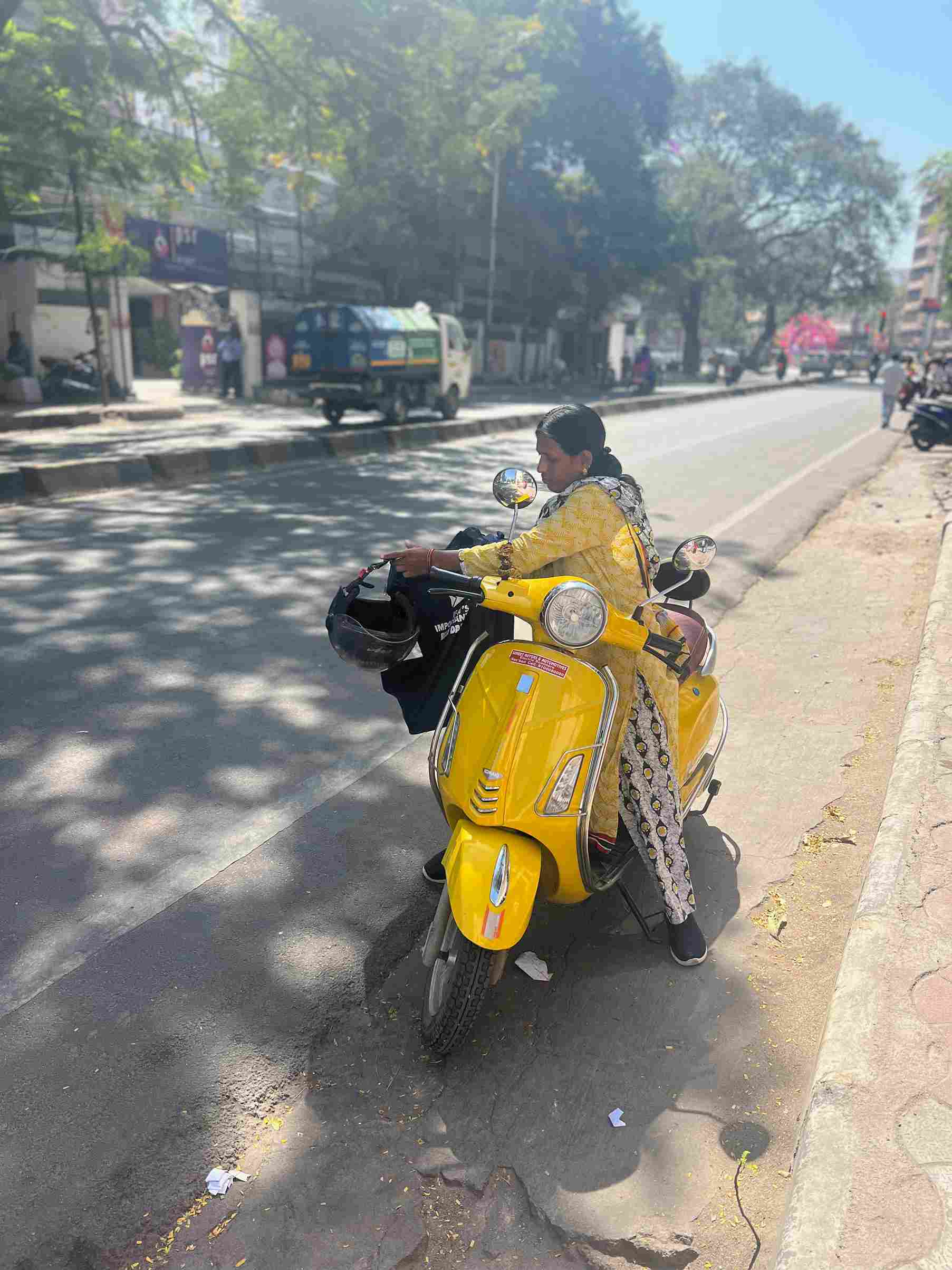
Offering the women assessment on their go-to-market strategies and opportunities for impact will put them on the right path to getting visibility for their startups, she adds.
To this end, Kalyani breaks down the step-wise approach they followed in the first cohort. “The first step was to identify startups offering innovative solutions across sectors, such as renewable energy, water and waste management, and climate-smart agriculture. We received 140 applications,” Kalyani shares.
Of the 140 applications, 11 startups that had “solutions ready to commercialise” were selected and provided with four-week support filled with expert masterclasses and mentoring sessions to come up with the go-to-market plan (GTM). At the end of the term, they were evaluated by an expert jury that assessed their innovation, plans to scale, and impact.
Those who proved their mettle made it to the top seven, and recount the period between April and September 2023 as transformational.
Kalyani explains the nature of the grants they were provided during this time. “The grant of Rs 20 lakh went towards helping startups implement their GTM plan to expand their geographical markets and build commercial pilots.”
She adds that aside from this, the startups are also provided with market connections to help them commercialise their product and build visibility. The last step is mentoring, wherein subject matter experts from Cisco guide the enterprises with valuable insights into technology, markets, and strategic expansion.
Elaborating on why this step is crucial before the startups are deemed fully prepared to crack the market, Harish Krishnan, Managing Director and Chief Policy Officer of Cisco India & SAARC, Cisco says, “Cisco’s purpose is to ‘power an inclusive future for all’, and this is reflected in the design of the initiatives we do. In our collaboration with Villgro on Tvaran, we wanted to ensure every startup gets to interact with subject matter experts from Cisco to build on their ideas, address roadblocks, and receive the needed mentorship and guidance to bring their vision to life. It also includes understanding the market and the evolving technology landscape relevant to their sector.”
The impact stories of the seven startups are a testament to the model’s success.
1. Bharat Krushi Seva
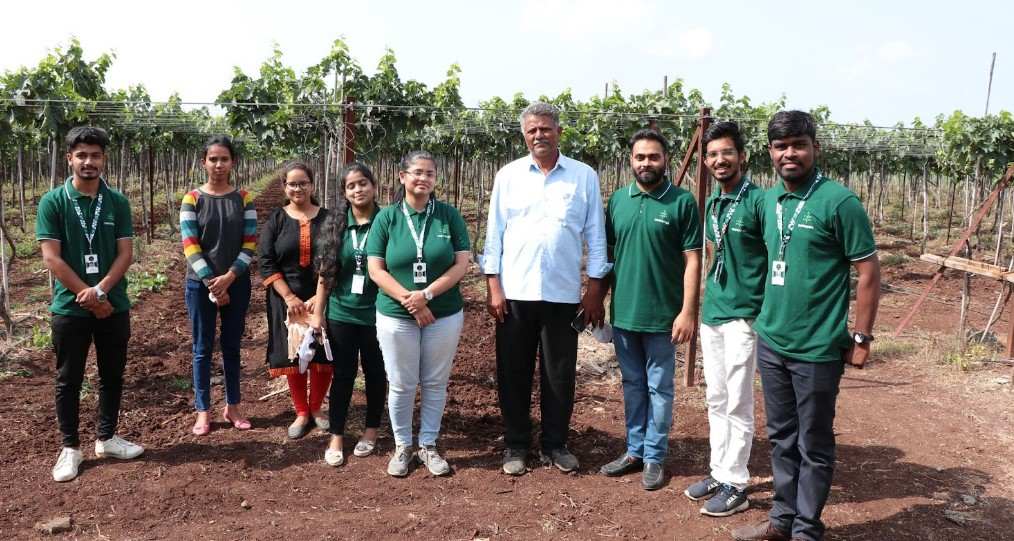
A farmer’s worst fears are erratic rains, climate change, and soil erosion. But what if Artificial Intelligence (AI) were used optimally to predict the above?
That’s exactly what agriculture startup Bharat Krushi Seva thought while designing its mobile application that provides real-time data and insights to farmers on crop growth, soil moisture, and weather patterns. In addition, it offers them a marketplace to sell their produce.
Through the incubation model, the startup has scaled its operations to two new districts in Pune and Solapur. It has also piloted two new tech features with 100 farmers, converting 500 acres of farmland through climate-smart practices.
2. Climatesense
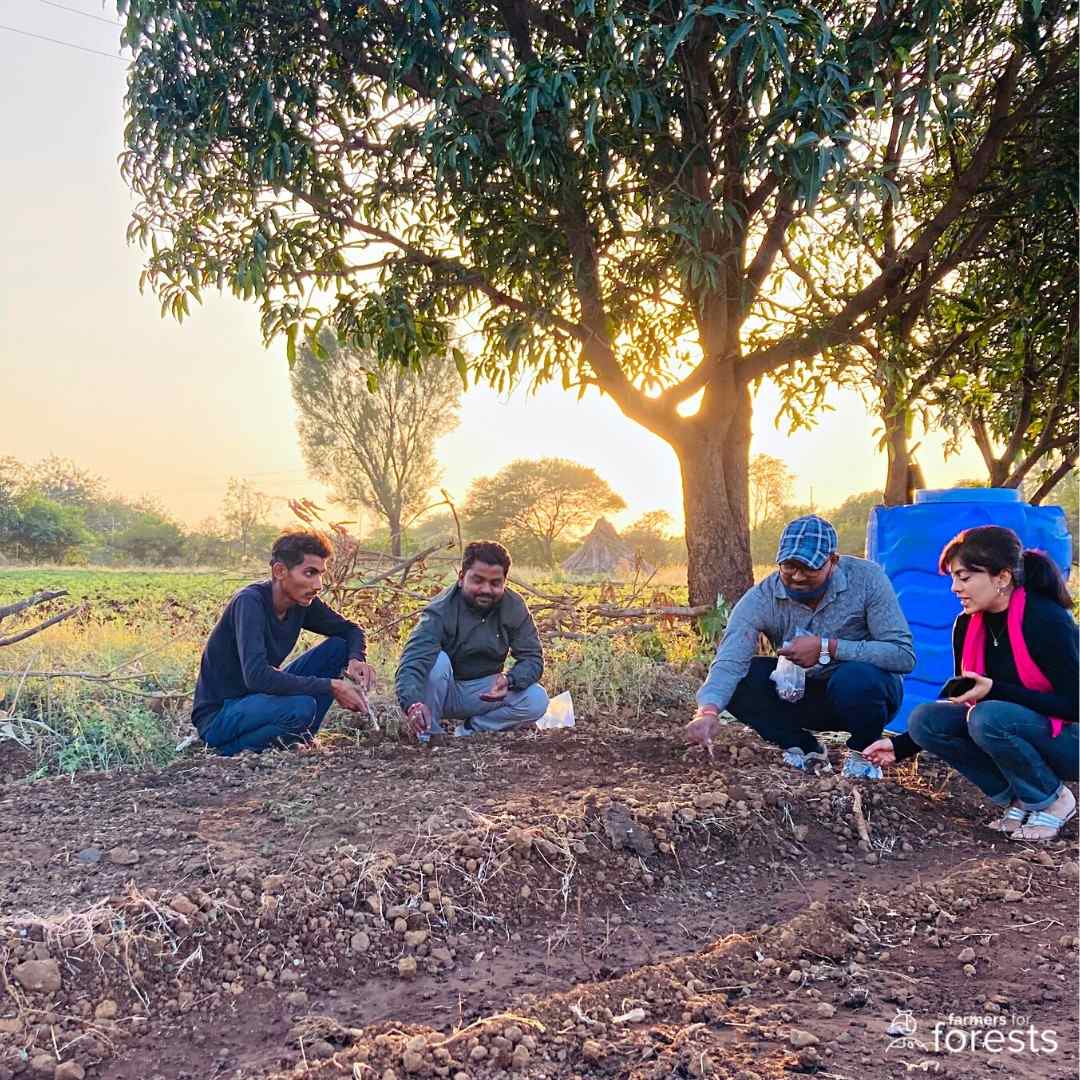
To counter the problem of 10 million hectares of land being the targets of deforestation every year, Krutika and Anita Ravishanker founded ‘Climatesense’, which brings drone technology, satellite data and AI algorithms together to combat the problem.
In addition to providing stakeholders with the data gathered through analytics and forecasts, the team has also trained over 500 tribal community people in forest conservation.
3. Green Grahi Solutions
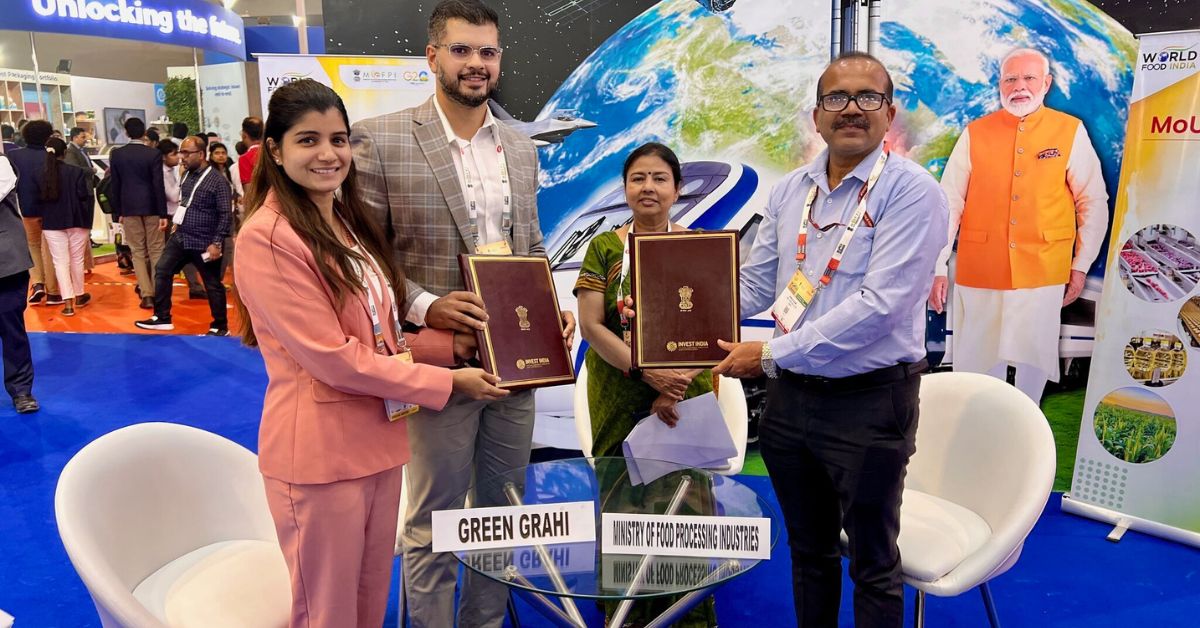
Through Tvaran’s intervention, the startup — which upcycles food residues into high-quality ingredients for animal and plant nutrition using insect bio-conversion processes — increased plant production by 30 percent while mobilising 3,000 farmers for farm trials. In addition to this, they also carried out market validation of their insect-based fertiliser in four districts of Karnataka.
Their innovative process involves feeding the pre-treated organic residues to insects, which convert the residue into high-quality protein, fats, and organic fertilisers. These products are used by agriculture and livestock farmers to grow more food for humans sustainably.
4. MOWO Fleet
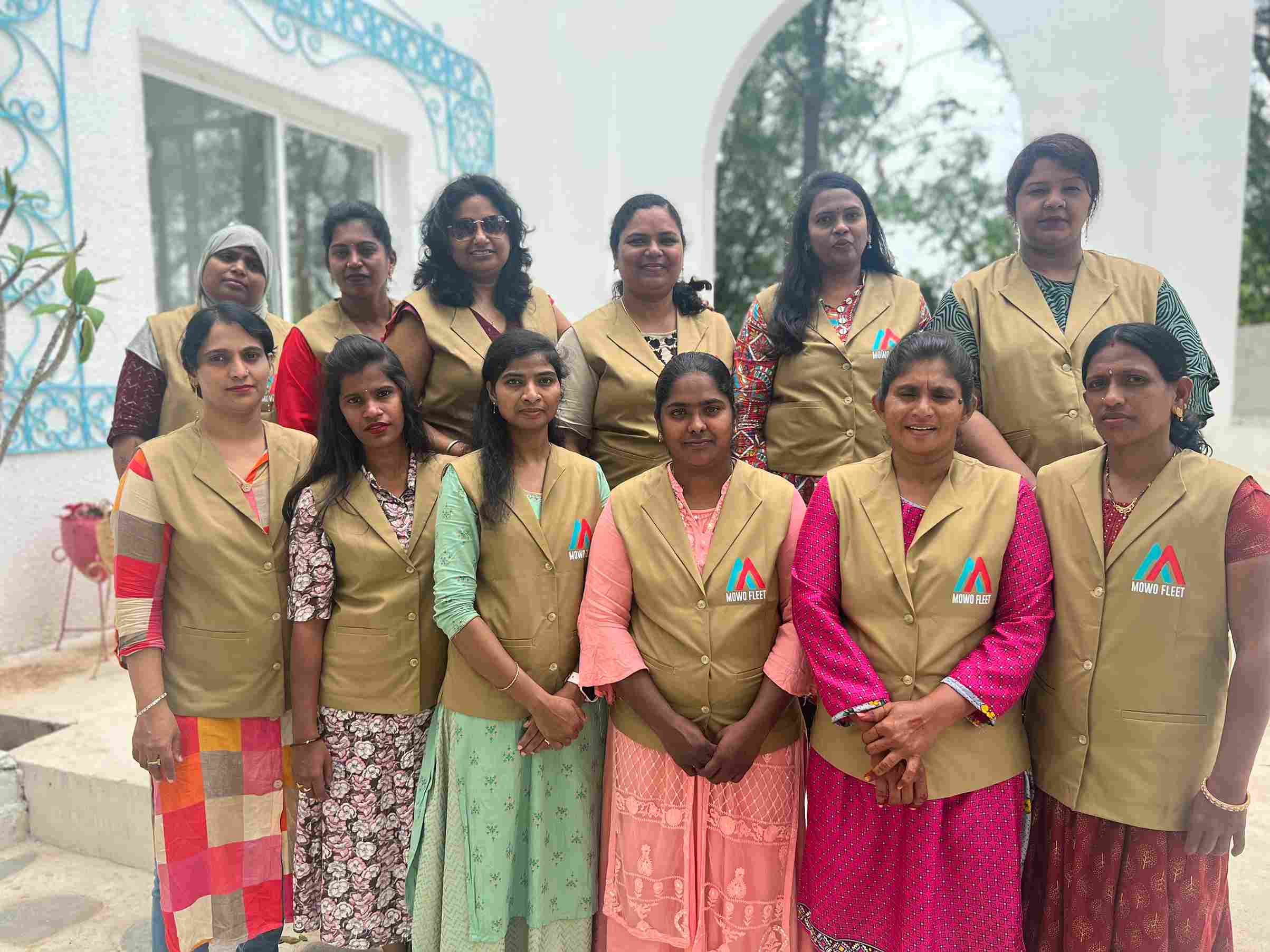
According to a 2018 report by the Ministry of Road Transportation and Highways, only one percent of commercial driving licenses are held by women. MOWO Fleet is attempting to change this.
This tech-enabled women drivers’ fleet is making last-mile commute and delivery services possible by bringing women into the driver’s seat. Through Tvaran, over 36 female drivers have been onboarded so far.
5. GreenDelight Innovations
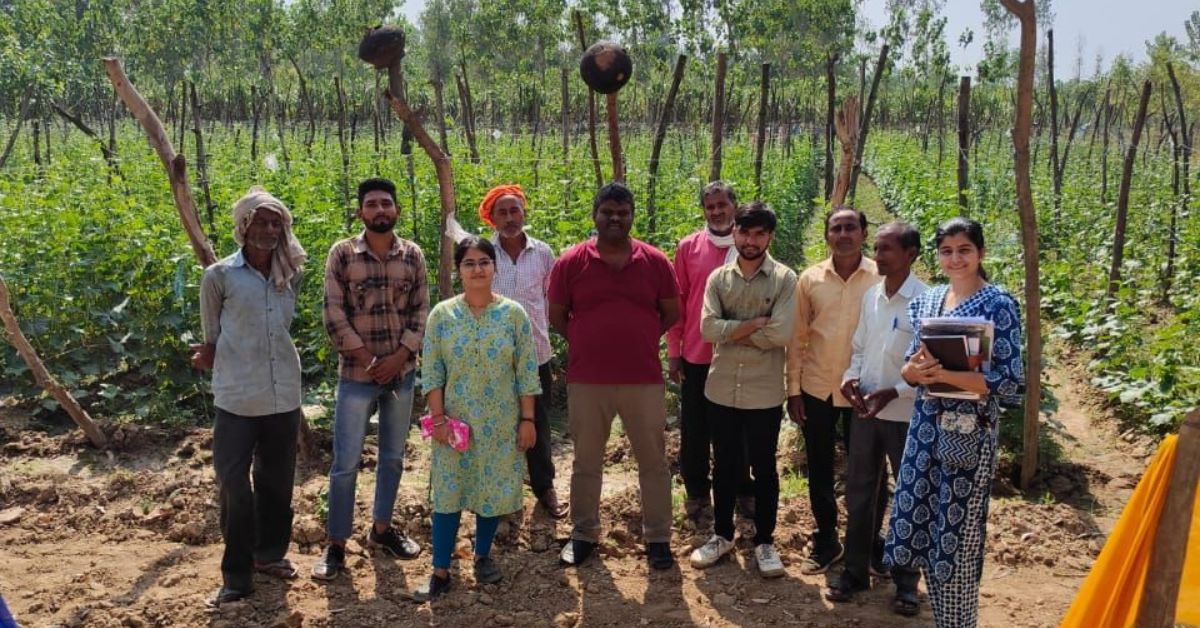
Did you know it takes between 250 to 800 years for a sanitary pad to decompose? In fact, some of them don’t ever decompose.
While the guilt may make most consumers switch over from using pads completely, this startup has an alternative — biodegradable pads made out of Kenaf fibre (Pulicha keerai). The co-founders decided upon this fibre due to its absorbent texture, anti-bacterial nature, and being 100 percent organic.
Through Tvaran, they have seen a 55 percent increase in revenue through e-commerce sales.
6. Swachha Eco-solutions
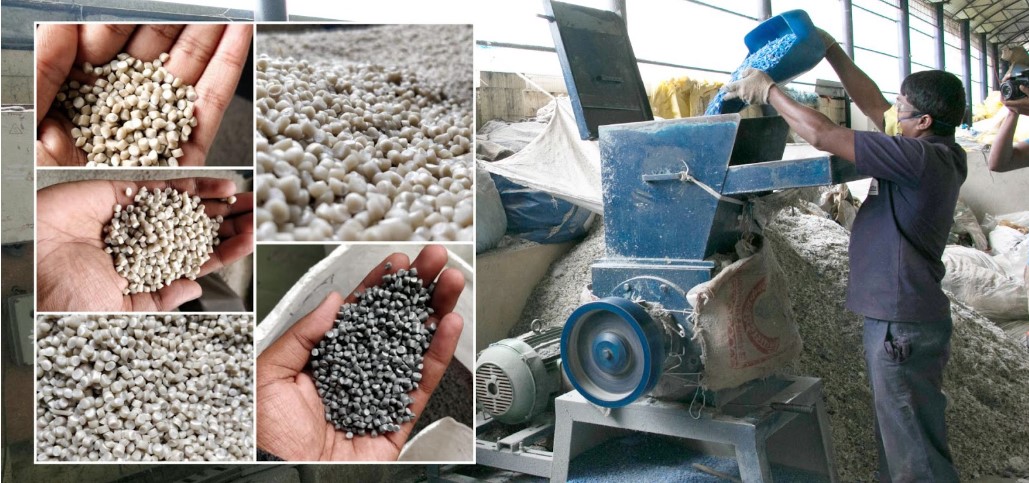
Assigning worth to waste, Swachha Ecosolutions is repurposing plastic — that would otherwise have gone to landfills — into granules, which are either used to create in-house products and mixes or sold to vendors.
They have recently launched Replolymix, a low-value plastic-based mix for road construction, saving 55,000 tonnes of plastic waste from going to landfills in the process.
7. KNP Arises
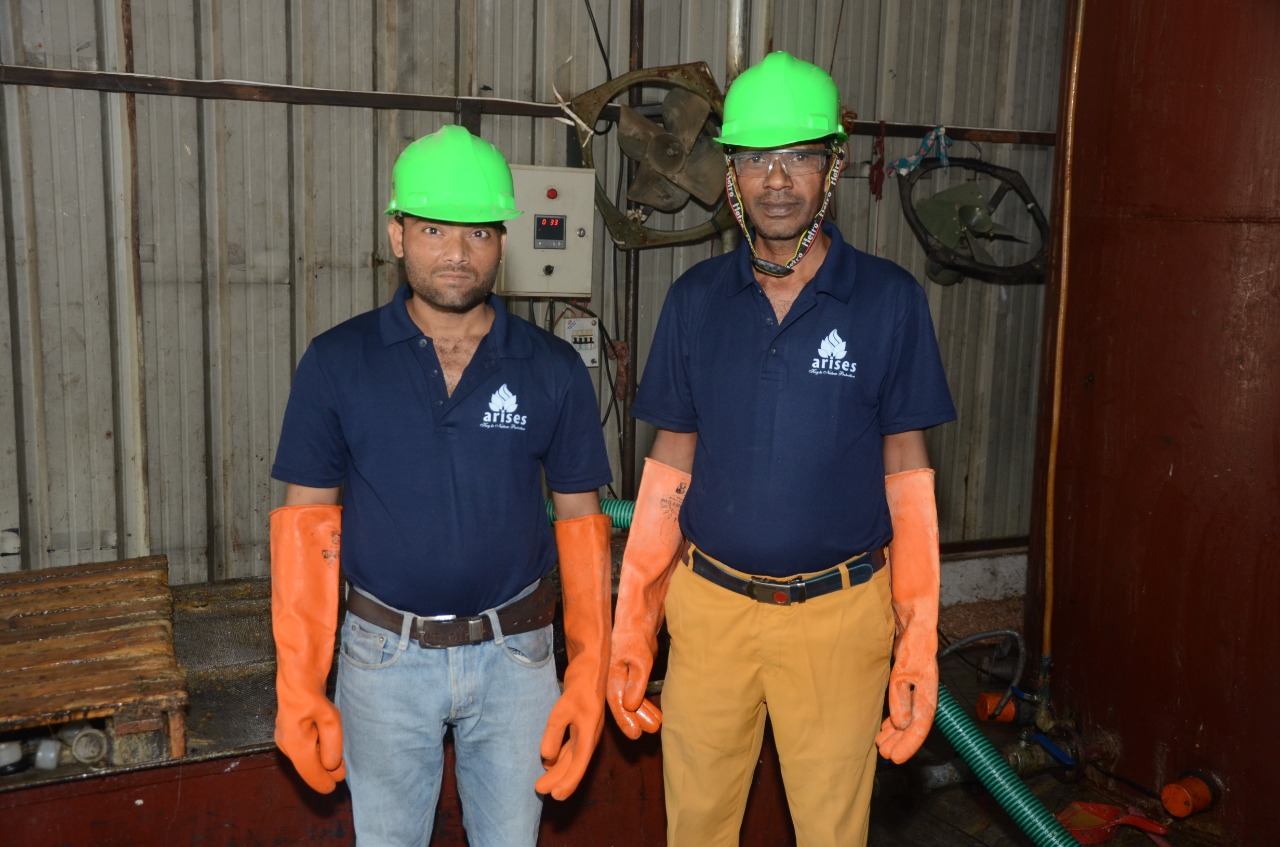
Do you love snacking on samosas sold by your local vendor? If yes, then the next time, you may want to check on the oil he is using. According to the Food Safety and Standards Authority of India (FSSAI), food business operators are supposed to discard vegetable oils after three times of frying or when their total polar compound (TPC) levels reach 25 percent.
But, what’s shocking is that though India generates three million metric tons of ‘used cooking oil’, only a fraction of it goes toward biodiesel production. What is happening to the rest? This startup is encouraging food outlets to channel the “used” oil to them to convert into biodiesel.
Through Tvaran’s intervention, 30 tonnes of used cooking oil per month have been collected from over 250 vendors in South India and recycled into biofuel. Kalyani notes, “Through Tvaran, the startup was introduced to The Chennai Angels (TCA), from whom they were able to raise equity funding of Rs 3 crore.”
Success stories like these fulfil the intention with which Villgro and Cisco conceptualised Tvaran. Kalyani says, “We simply zoomed in on this particular strategy. The shared interest when it came to supporting women entrepreneurs in the climate action space helped us scale this idea into one that has impacted so many startups.”
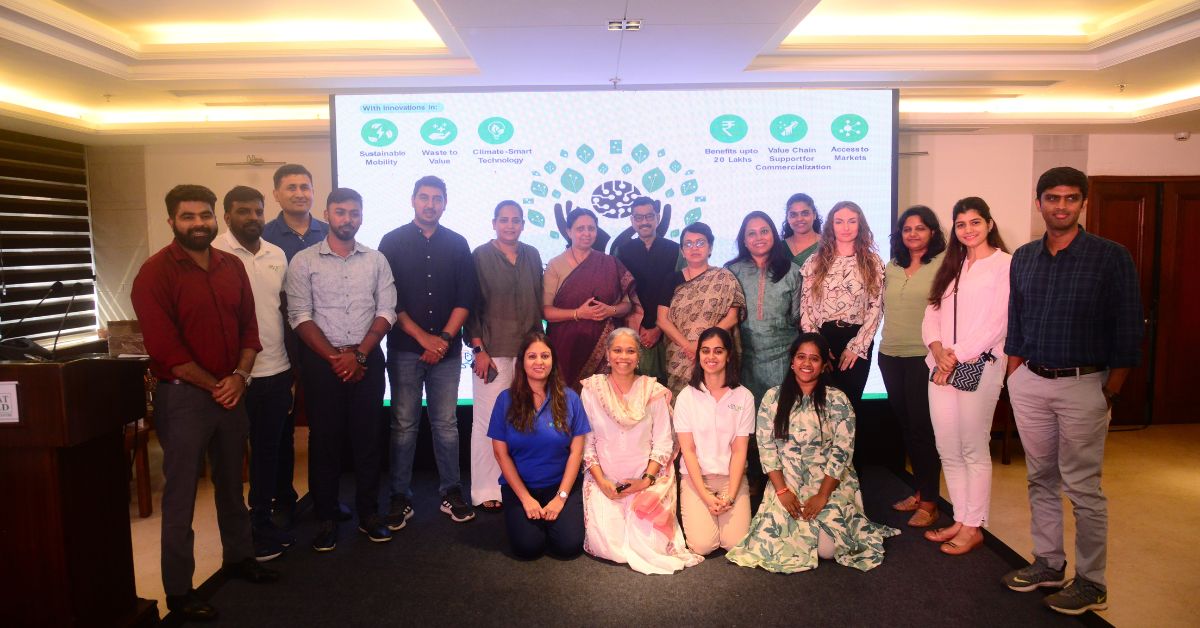
While the success of the first cohort enabled Villgro and Cisco to witness how market partnerships and support in implementing GTM strategies helped women-led businesses, as we advance, they say the plan is to fortify this cause. With the guiding belief that inventions are critical to driving change, the broader aim is to ensure these inventions get adopted while making communities resilient and improving their livelihoods.
Since 2001, Villgro has backed 387 social enterprises, raising over Rs 4.7 billion in investments. They’ve generated 8,175 jobs and impacted over 20.8 million lives. Recognised as India’s top incubator in 2020 by Invest India (DPIIT, GoI), Villgro also won the DivHERsity awards in 2022 and 2023.
(Edited by Pranita Bhat; All picture credits: Villgro)
If you found our stories insightful, informative, or even just enjoyable, we invite you to consider making a voluntary payment to support the work we do at The Better India. Your contribution helps us continue producing quality content that educates, inspires, and drives positive change.
Choose one of the payment options below for your contribution-
By paying for the stories you value, you directly contribute to sustaining our efforts focused on making a difference in the world. Together, let's ensure that impactful stories continue to be told and shared, enriching lives and communities alike.
Thank you for your support. Here are some frequently asked questions you might find helpful to know why you are contributing?
















